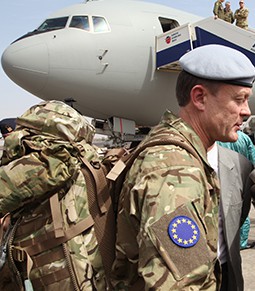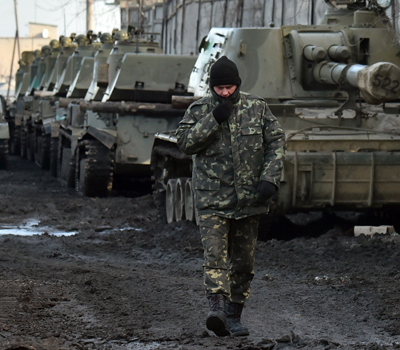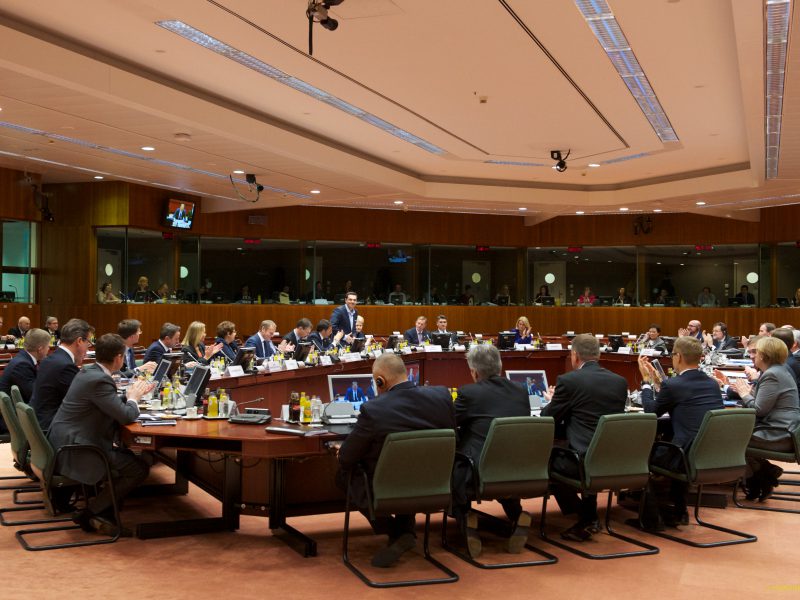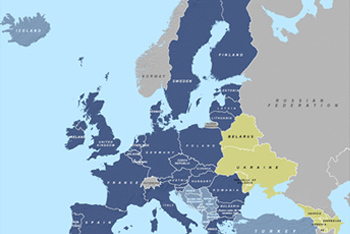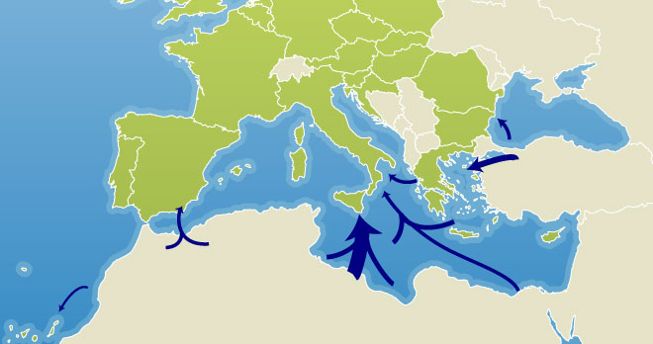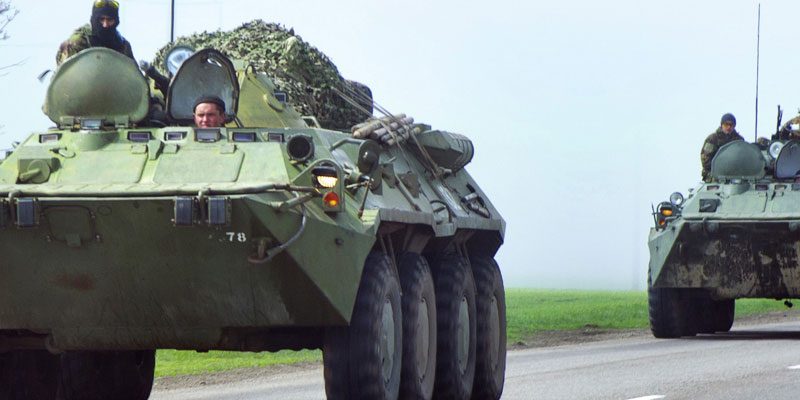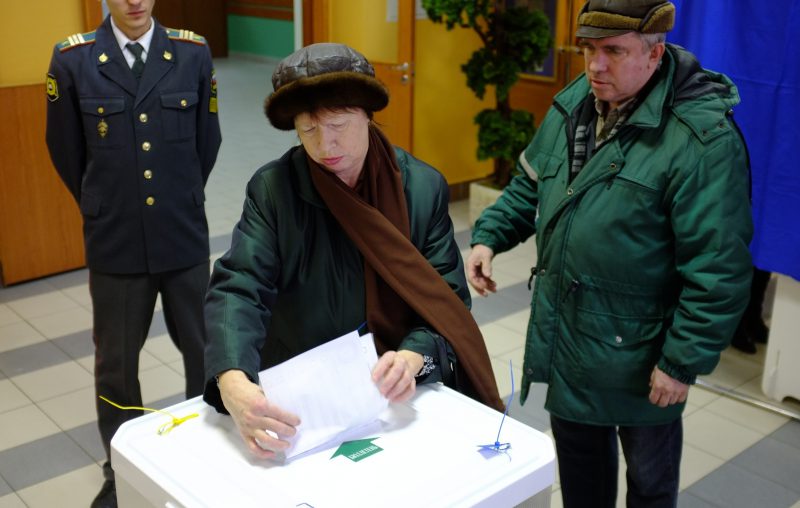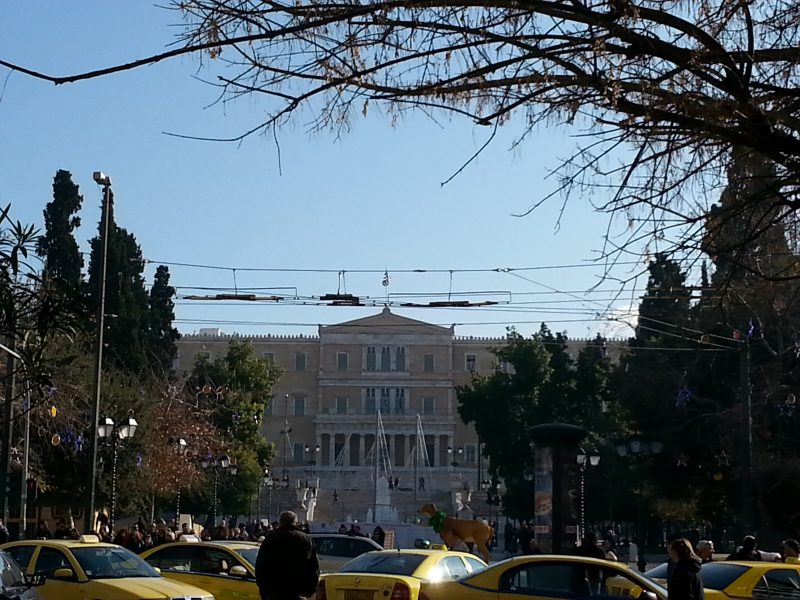The time has come for European Energy Security and European Defence Union
The implementation of European Energy Security should become an imperative priority of the EU member states in order to reduce their dependence on Russian gas and secure alternative energy sources. In parallel, European Energy Security should be related to an effective Common Security and Defence Policy (CSDP), as the protection of critical energy infrastructures is vital for the undisrupted flow of gas and oil.

